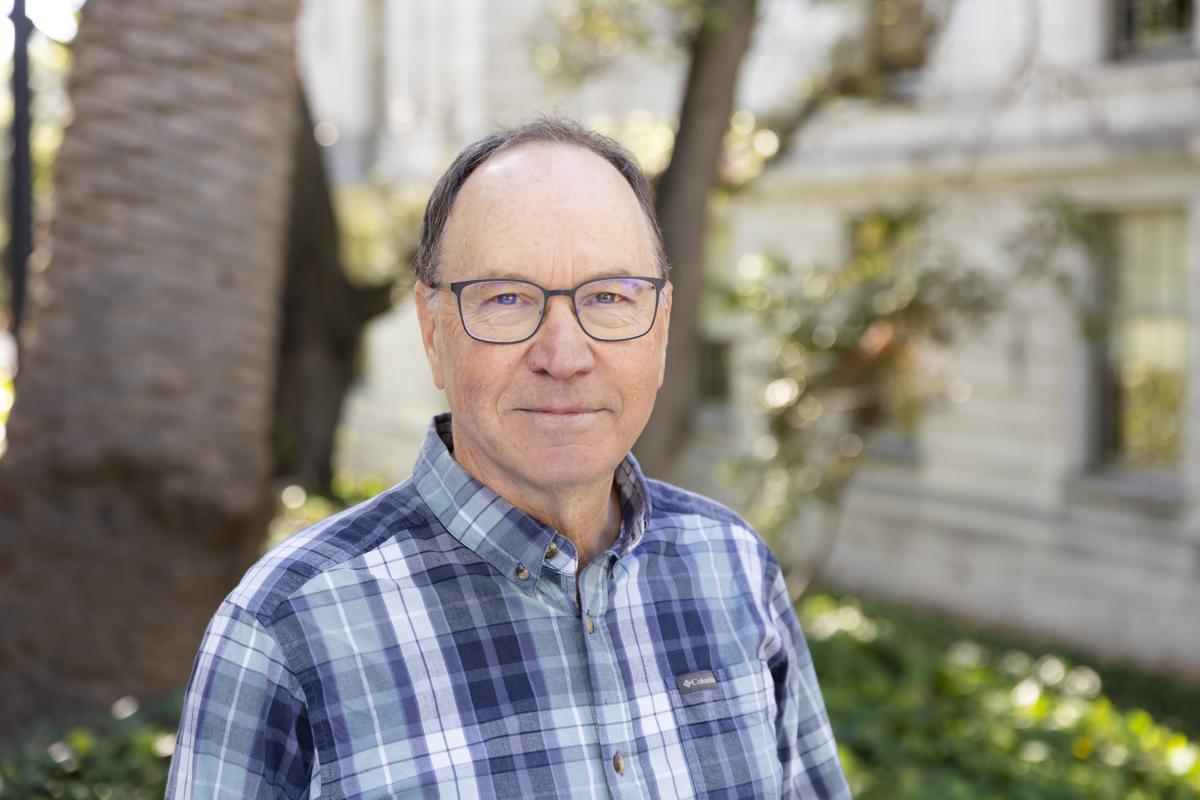Join the IHGC's Digital Humanities Initiative for a workshop led by Tim Tangherlini!

Working from a collection of stories about supernatural creatures living in a mythical world, we will explore the uses of an LLM-based approach to topic modeling. Previous approaches to topic modeling, such as LSA or LDA, came with well-known problems, such as overfitting or incomprehensible labels, that made these approaches less than suitable for various applications in the Humanities. Using a BERT model, that includes considerations of context and thus can handle polysemy, along with a new strategy for labeling clusters, makes this approach far more amenable to various problems in the Humanities. Are there certain characteristics of trolls that are latent in the story space? Can we understand how the characteristics change over the course of a novel or series of novels? This workshop will show attendees how to get BERTopic up and running in their own workspace, and address different strategies for data preparation, topic modeling, topic labeling and visualization. No prior experience with code is necessary, although attendees may wish to familiarize themselves with the terminal on their computers.
This event is co-sponsored by the Scholars Lab and is designed for Digital Humanities scholars at UVA. If you have questions about whether the workshop would be a good fit, please contact Rennie Mapp by March 31 to inquire: rcm7e@virginia.edu. Register here.
Timothy R. Tangherlini (UC Berkeley) is a Professor in the Dept. of Scandinavian and in the School of Information. A folklorist and ethnographer by training, he is the author of Danish Folktales, Legends and Other Stories (2014), Talking Trauma (1999), and Interpreting Legend (1994). He has also published widely in academic journals, including The Journal of American Folklore, Western Folklore, Journal of Folklore Research, Folklore, Scandinavian Studies, Danske Studier, PlosOne, Computer and Communications of the Association for Computing Machines. He was a co-PI on an international team developing ISEBEL: Intelligent Search Engine for Belief Legends, as well as an international lead on the Norwegian SAMLA project, which digitized the historical ethnographic collections of Norway. He is interested in the circulation of stories on and across social networks, and the ways in which stories are used by individuals in their ongoing negotiation of ideology with the groups to which they belong. In general, his work focuses on computational approaches to problems in the study of folklore, literature and culture.
He has been deeply involved in the development of the field of Culture Analytics, co-directing a three-year long program at the NSF's Institute for Pure and Applied Mathematics. He also led the NEH's Institute for Advanced Topics in Digital Humanities on Network Analysis for the Humanities. In collaboration with colleagues at UCLA and Rutgers, he has worked on automated methods for the detection of conspiracy theories from large social media corpora. Along with a colleague at Stanford, he is developing a search engine for dance movement in K-Pop using deep learning methods. In other work, he is exploring aspects of the rise of the Danish cooperative movement in 19th century Denmark, which aligns with his role in a recently launched center for excellence at the University of Copenhagen, Changing Urban and Rural Lives (TRANSITION). A five year project funded by the AFOSR and led by colleagues at Indiana University, aims to understand the dynamics of narrative and the resonance of narratives with individual's beliefs.